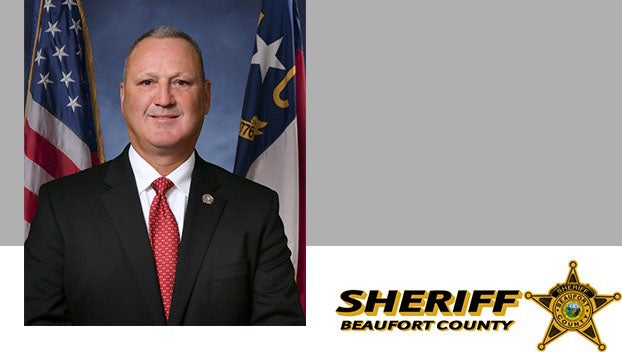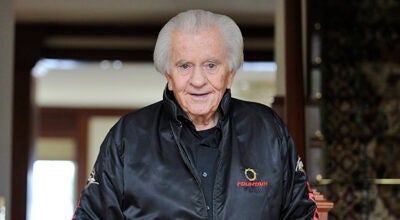Silverthorne to talk down-home poetry
Published 11:02 pm Friday, April 27, 2012
He’s a self-described “redneck, rowdy farm boy.” His voice is strong, it’s Southern. It was nurtured through the uncompromising existence of being raised on a farm and honed by pride and poverty. His is the voice of a poet.
Sunday, poet Marty Silverthorne will share his work and thoughts surrounding that work with the public at Down Home Here, a Conversation with North Carolina Authors program sponsored by the annual meeting of the Friends of Brown Library.
“He’s wonderfully entertaining, as we found out at our November panel, Six Authors in Search of a Story, and is back by popular demand,” wrote Rachel Mills, with Friends of the Brown Library, in an email.
Mills will be at the Civic Center to assist Silverthorne with his program, which begins at 2 p.m.
“I’m going to partner with him, helping to discuss what poetry has meant to him in all the aspects of his life — his country upbringing, the eastern North Carolina world he has known from Williamston to the Sandhills, and life, good and bad, then and now,” said Mills.
Silverthorne may be quadriplegic and have difficulty speaking for long periods of time, but his writer’s voice is deafening in its down-home beauty.
Poet Bill Griffin had this to say about Silverthorne’s writing: “It’s one thing to experience a poetic image that brings a vivid scene to your mind, but it’s quite another to find yourself in the room, in the conversation, stammering to add your own voice to the dialogue. So poignant, so immediate — I wish I were kin to Marty. Maybe after reading his poetry I sort of am.”
The vivid scenes are rampant in such fun works as “Differential Desire” in which Little John, an old tractor, dreams of romance with Ruby Red, a younger tractor. Those scenes are wrenching in “Conversation on the Leaving,” a conversation between father and son: “Son, I didn’t get much/ they didn’t have a lot to leave/ but the church, I got the church,/ the family was forged in the church.”
Mills contends that while poetry can be difficult to understand, or relate to, Silverthorne breaks down the barriers between writer and reader.
“His life, so out in the open, and his humor, springing out from even the direst circumstances, washes away the stiff formality of what people think of a poem,” said Mills.





